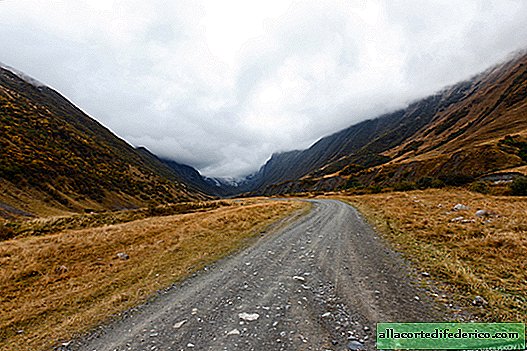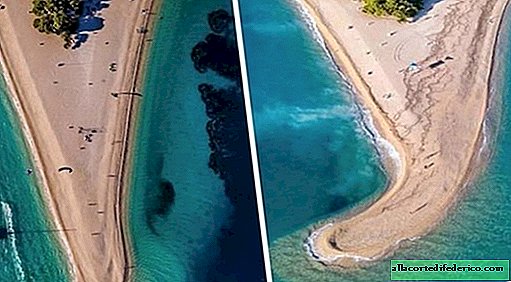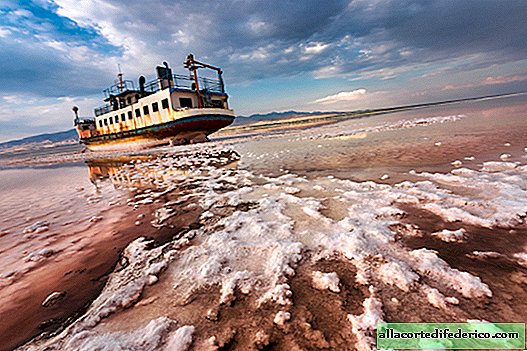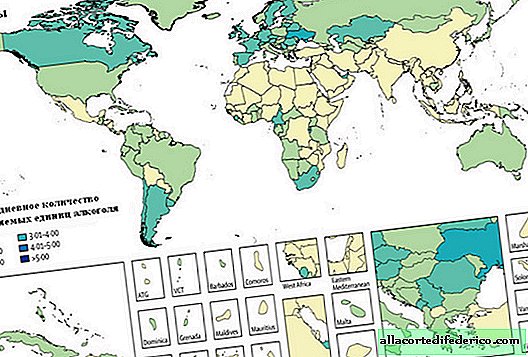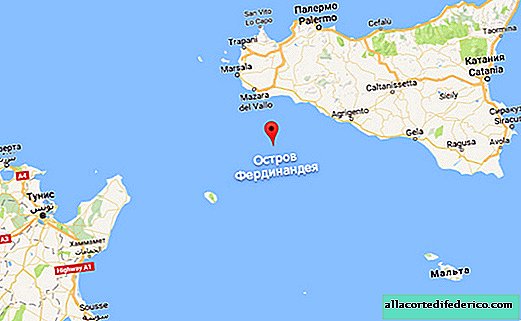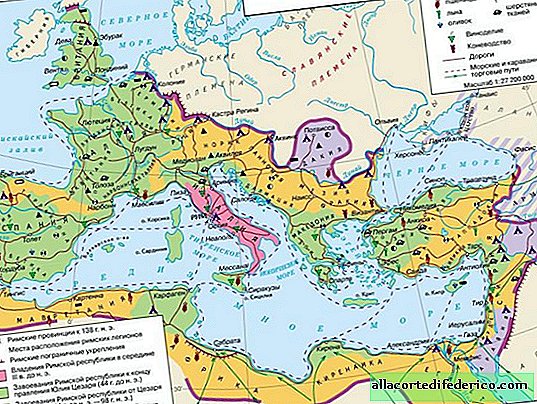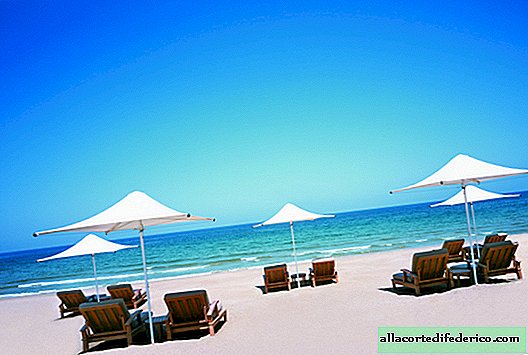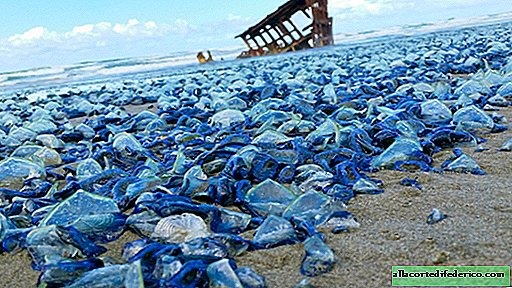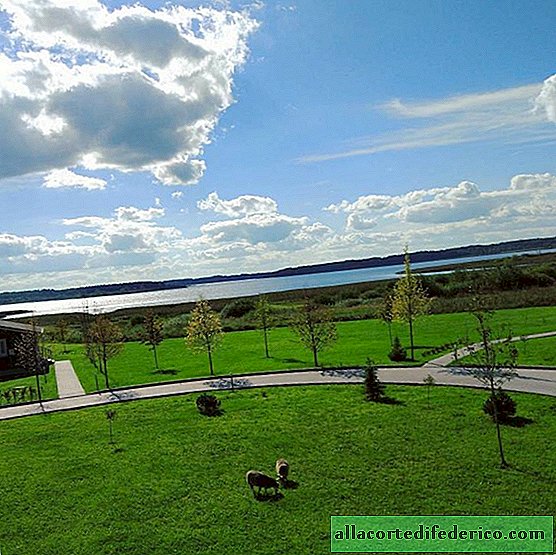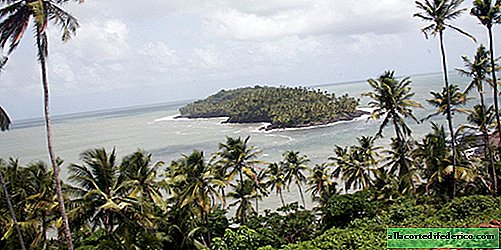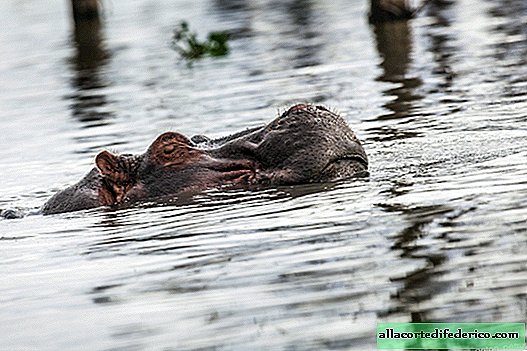How South Georgia declared war on rats and unexpectedly defeated everyone

South Georgia Island belongs to the UK and is located off the coast of Antarctica in the southern Atlantic. The climate here is far from the conditions of paradise tropical islands, and in general the island can not be called comfortable. South Georgia is covered with glaciers, tundra and grassy meadows, constantly blowing wind knocks down, and the sun here is quite rare. Nevertheless, this place was to the liking of rats, who got here together with the British sailors who discovered and explored the island.

In the absence of predatory species of mammals and with an abundance of readily available food, rats quickly bred to an incredible amount. Their main victims were chicks and feathered eggs. Prior to the arrival of people, the island was a paradise for birds that nest right in the grass or just among the stones. Many species of birds have become victims of insidious rodents. Since there are simply no trees on the island, the only unfortunate thing was to leave the island in search of safer habitats. Ornithologists noted that some species that had disappeared on South Georgia found shelter on neighboring islands. And all, according to scientists, after the arrival of rats, South Georgia lost more than 90% of its feathered population.

The poor ecological situation of the island has attracted the attention of scientists and the public. And in 2013, a unique rat-killing operation began, which covered an entire island with an area of 3,530 square meters. km A powerful poison was chosen as a weapon against rats, which has an odor attractive to rats. The poisonous substance was scattered across the island from helicopters, which in the conditions of constant wind and mountainous terrain required the highest skill from the pilots. Such a large-scale operation cost a considerable amount: the British government allocated 7.5 million pounds for these purposes. But the result was worth the money spent. According to the observations of ornithologists, birds have already begun to explore spaces free of predators, and it is hoped that in the near future there will be as many birds on the island as they lived before the arrival of the ill-fated British ship, which brought rats here for the first time several centuries ago.

